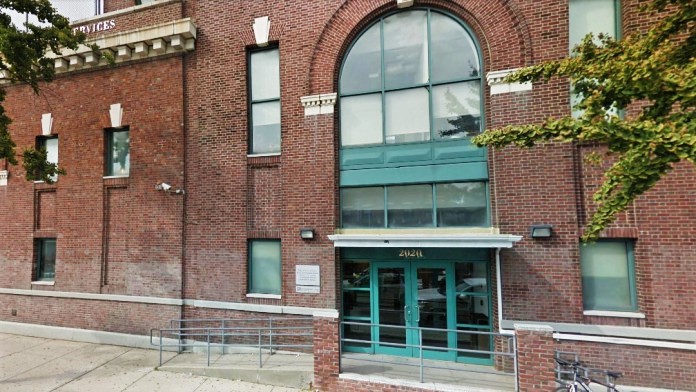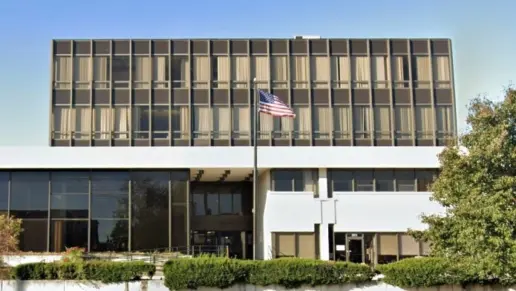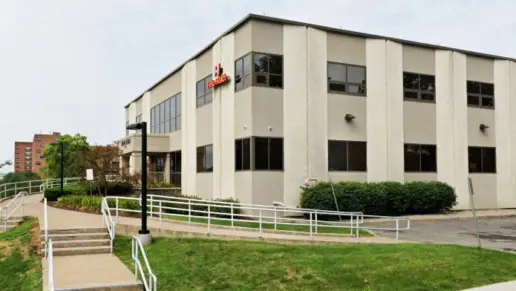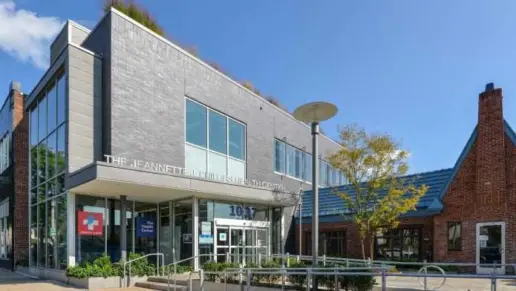About Addiction Treatment Services – ATS
Addiction Treatment Services – ATS is located in the Clinical and Research Institute on Addictions in Buffalo, New York. Their outpatient treatment program is made up of clinical trials that help to advance treatment research for addiction to alcohol and marijuana. They treat adults aged 18 and older.
If you meet the eligibility requirements, treatment at ATS is completely free. They have screening calls to assess your eligibility. Their intake assessments help them create the ideal treatment plan for you. Depending on your needs, your unique program can consist of sessions with psychologists, social workers, doctors, nurses and counselors. Treatment typically involves 12 sessions.
Something unique about ATS is their careful monitoring of your condition after the treatment program is complete. Because they’re consistently looking to improve the standard of addiction treatment, they need to collect long term data on how effective their programs are. Your care and recovery is their top priority, so they’ll make sure to follow up with you religiously.
Although ATS is a research facility, it doesn’t mean that the staff are cold. The team is warm and compassionate, and they’re dedicated to providing the highest standard of care.
Latest Reviews
Gallery

Location
Accepted Insurance
Other Forms of Payment
Addiction Treatments
Levels of Care
Treatments
The goal of treatment for alcoholism is abstinence. Those with poor social support, poor motivation, or psychiatric disorders tend to relapse within a few years of treatment. For these people, success is measured by longer periods of abstinence, reduced use of alcohol, better health, and improved social functioning. Recovery and Maintenance are usually based on 12 step programs and AA meetings.
When you choose drug rehab in New York, you'll participate in a variety of treatments that are designed to help you live a drug-free lifestyle. Common methods of treatment include group, individual, and family counseling, medication management, nutrition, exercise, and management of co-occurring mental health disorders.
Opioid rehabs specialize in supporting those recovering from opioid addiction. They treat those suffering from addiction to illegal opioids like heroin, as well as prescription drugs like oxycodone. These centers typically combine both physical as well as mental and emotional support to help stop addiction. Physical support often includes medical detox and subsequent medical support (including medication), and mental support includes in-depth therapy to address the underlying causes of addiction.
Substance rehabs focus on helping individuals recover from substance abuse, including alcohol and drug addiction (both illegal and prescription drugs). They often include the opportunity to engage in both individual as well as group therapy.
Programs




Clinical Services
Group therapy is any therapeutic work that happens in a group (not one-on-one). There are a number of different group therapy modalities, including support groups, experiential therapy, psycho-education, and more. Group therapy involves treatment as well as processing interaction between group members.
In individual therapy, a patient meets one-on-one with a trained psychologist or counselor. Therapy is a pivotal part of effective substance abuse treatment, as it often covers root causes of addiction, including challenges faced by the patient in their social, family, and work/school life.
Amenities
-
Private Setting
Contact Information
1021 Main street
Buffalo, NY 14203


